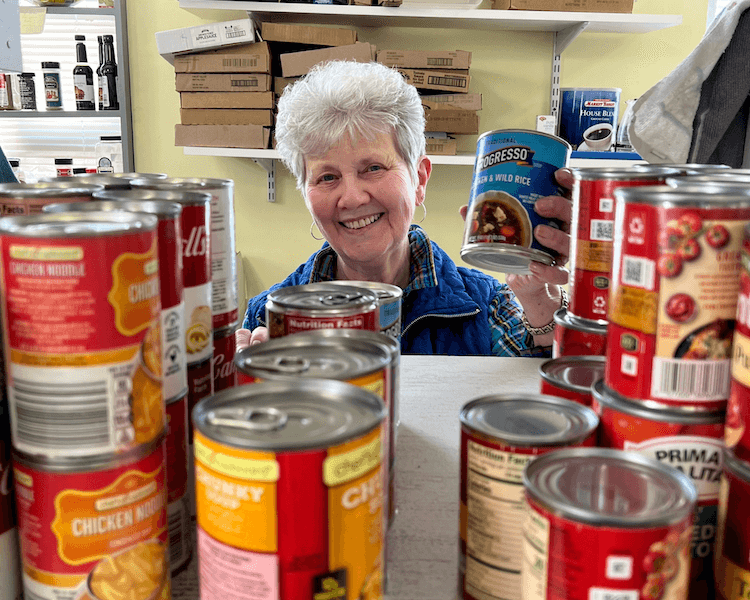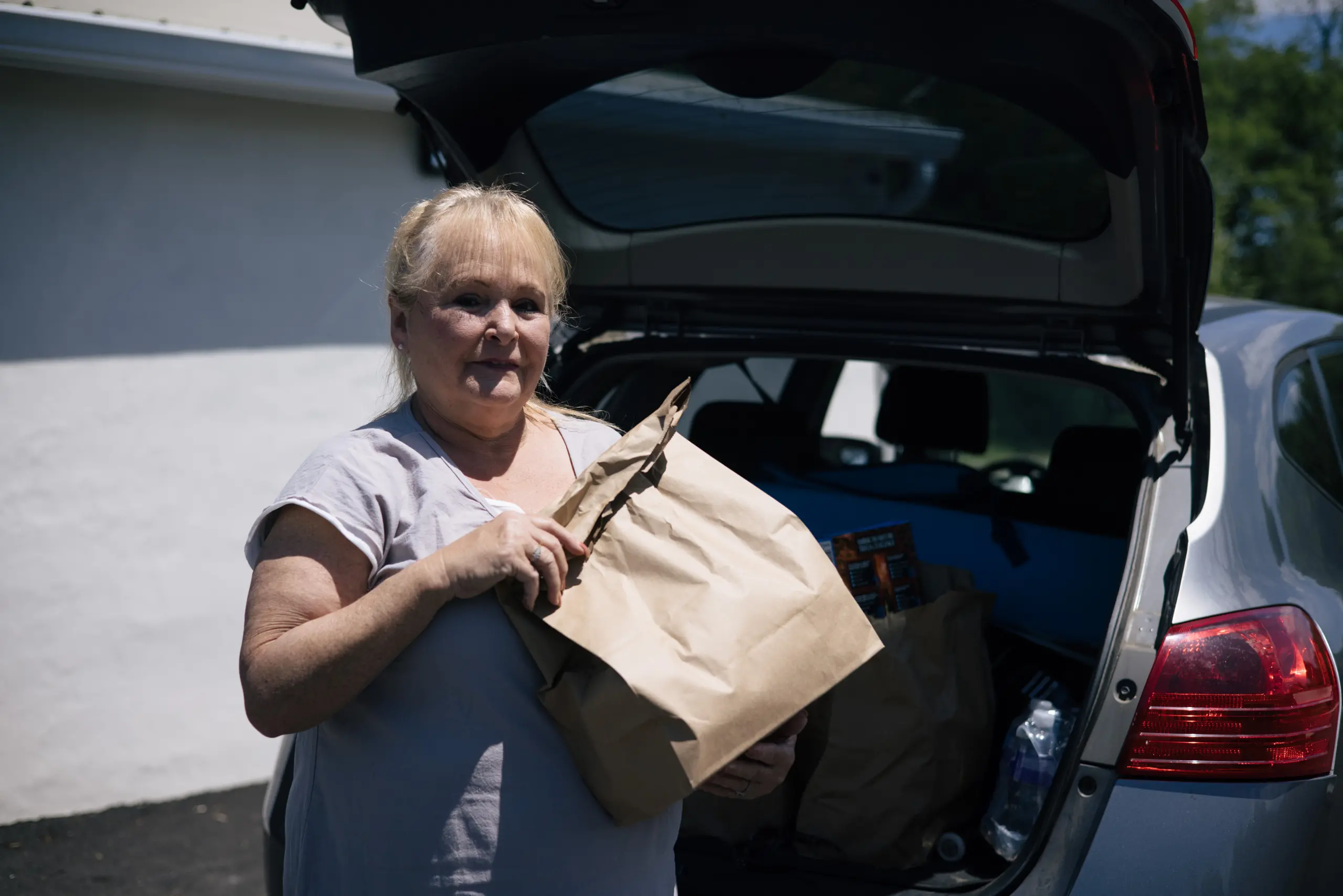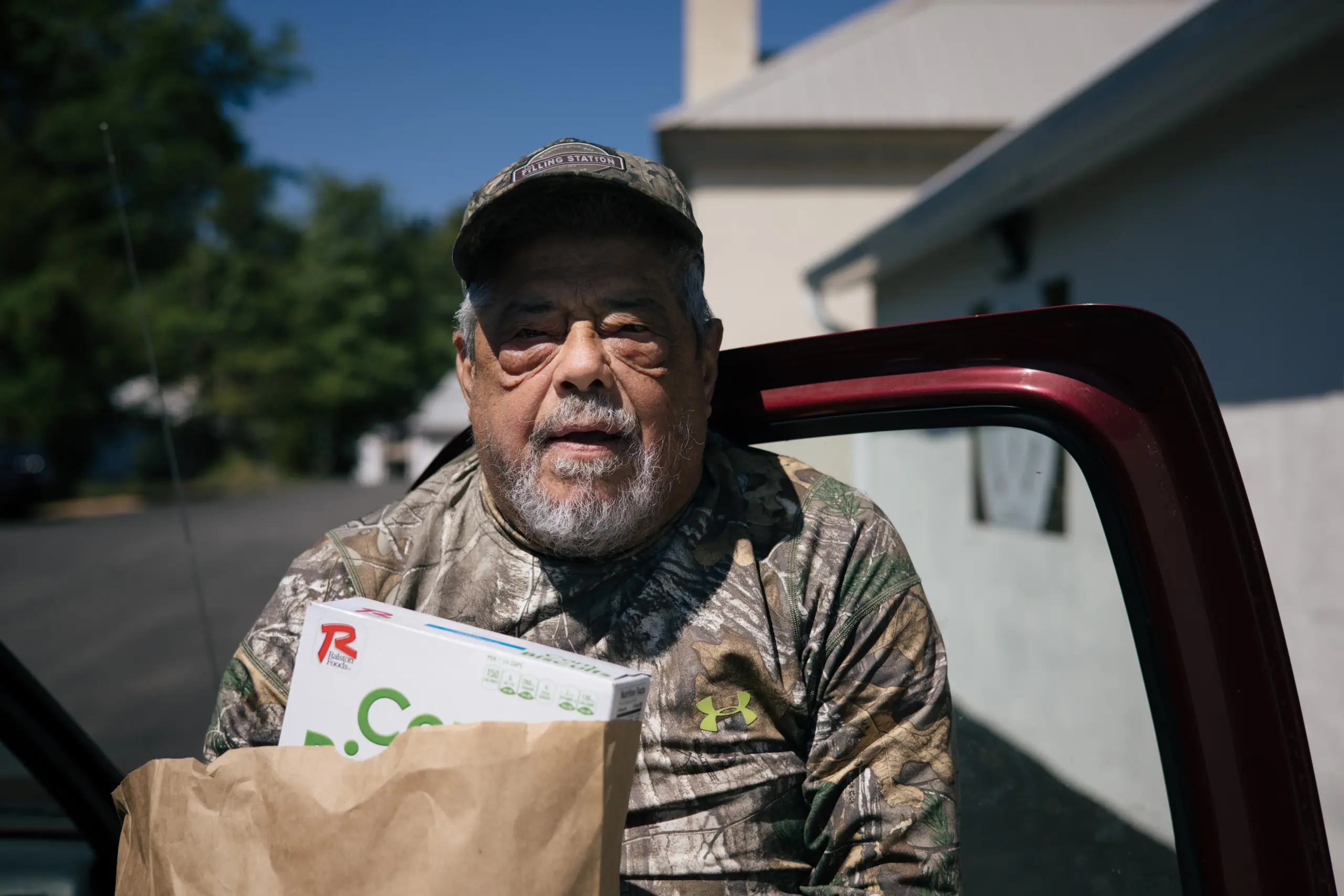Older Americans Month – Addressing Older Mainer Hunger
Often known as the oldest state in the United States, Maine has about 580,000 people aged 50 or older, making nearly 44 percent of the state’s residents older Mainers. Maine, with its picturesque landscapes, where the sea meets the rugged coastline and the forests stretch endlessly, there lies a hidden crisis – older Mainer hunger. Despite the state’s natural beauty and tight-knit communities, a significant portion of its senior population faces the harsh reality of food insecurity.
According to Feeding America, senior hunger in Maine is a pervasive issue affecting thousands of older adults. The statistics paint a picture: one in nine seniors in Maine experience hunger. This means many of our seniors have impossible choices between buying groceries and other necessities like medication or heating their homes during the harsh winter months.
But why are older Mainers particularly vulnerable to hunger? Several factors contribute to this alarming trend. Economic challenges, such as fixed incomes and rising healthcare costs, often leave seniors with limited financial resources to afford nutritious food. Health issues and mobility limitations can make it difficult for older adults to access grocery stores or prepare meals, further exacerbating the problem.


The rural nature of many communities in Maine compounds the issue. In remote areas with scarce resources and limited transportation options, older adults may need help accessing adequate nutrition. This geographic isolation creates pockets of hunger often overlooked but deeply felt by those living within them.
The consequences of older Mainer hunger extend far beyond empty stomachs. Malnutrition among seniors can lead to a host of health complications, including weakened immune systems, cognitive decline, and an increased risk of chronic diseases such as diabetes and heart disease. These health issues diminish quality of life and place additional strain on an already overburdened healthcare system.
The Food Bank partners with community organizations, food pantries, meal sites, and government agencies to get Older Mainers the food they need to live a healthy and active lifestyle. Partner pantries offer home delivery programs that make accessing food easier for older Mainers without transportation. The Commodity Supplemental Food Program (CSFP) works to improve the health of low-income elderly Mainers, 60+, by supplementing their diets with nutritious USDA foods. The Food Bank distributes CSFP boxes that are sorted and packed at the Food Bank location in Hampden, the Hannaford Center.
Raising awareness about the Older Mainer hunger is crucial to mobilizing collective action. Advocacy efforts to improve access to affordable healthcare, expand transportation options, and increase funding for nutrition assistance programs can make a tangible difference in the lives of older adults facing hunger.
Individuals can also play a powerful role in addressing senior hunger in Maine. Volunteering at local food pantries, donating to organizations that serve older adults, or simply checking in on elderly neighbors can create a ripple effect of positive change. Your small acts of kindness and compassion can make a meaningful impact, giving hope to those facing hunger and building a stronger, more supportive community.
In the spirit of Maine’s renowned resilience and community spirit, let us unite to confront the challenge of older Mainer hunger head-on. By working collaboratively and prioritizing the needs of our seniors, wecan build a future where no one, regardless of age or circumstance, has to go to bed hungry. Together, we can ensure that every older Mainer has access to the nourishment and support they need to thrive, instilling a sense of unity and motivation in our collective efforts.



